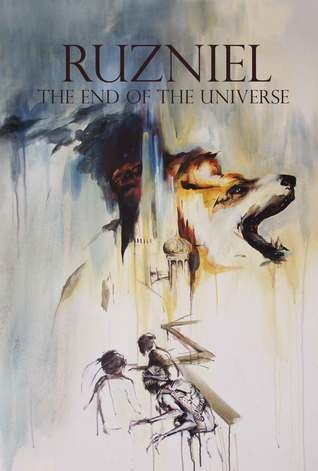by Cathy Marie Hake
from the back cover
When "Big Tim" Creighton spies the mincing fop headed toward Forsaken Ranch, he is appalled. Thankful his boss isn't around to witness the arrival of his kin, Tim decides he'll turn "Fancy Pants" Hathwell into a man worthy of respect.
Lady Sydney Hathwell never intended to don men's attire, but when her uncle mistakenly assumed she was a male, the answer to her problems seemed clear. Her disguise as "Syd" was meant to be temporary...but the arranged marriage she's fleeing, her uncle's attitude toward the fairer sex--and her own pride--compel her to continue the guise far longer than she had planned.
my rating
my review
If Mulan were re-written as a Christian historical western romance, it would look something like Fancy Pants. For me, this really is a hit-or-miss genre--if it's one of your favorites, I think you'll really enjoy this book. I'll be frank, though: I didn't like it.
To its credit, Fancy Pants is a light, entertaining read, and I often didn't want to put it down. But the book-review-blog side of my brain constantly fought to tear the poor novel apart, even as the cheesy romantic portion (however tiny it may be) devoured it hungrily. So you'll have to excuse me while I humor my analytical self, since this is, after all, a book review blog (with the occasional poem. or photo. or... ok, let's be honest, I'm not really sure what to call this little corner of the Internet).
The one detail I cannot get over: Sydney cuts her hair to just-below-shoulder length, then six inches are chopped off her remaining ponytail, and finally, her hair is curled and tied back in a ribbon. All within about three weeks. I've decided that either a) she is part giraffe, or b) her superhuman power is fast-growing hair.
Ok, ok, I'll sum up the rest of my long-winded tirade in one tidy little paragraph. This book has an unrealistic and overly cheesy conversion scene (when I stopped thinking too hard I saw a tiny spark of beauty in it...), it's far too predictable, and the farm hands acted like puppies. Or sheep. But definitely not free-thinking human individuals. (ta-da! One paragraph. I'm done now.)
 from the back cover
from the back cover

 I received a free copy of Ruzniel from Daniel Nanavati early this year (January, perhaps?), and despite reading two books, I somehow still thought it was going to be published as one. Hence one review for two books (silly me). Also, please note that since this was an early beta read, the final products, which were officially published last week, may vary slightly from what I review below.
I received a free copy of Ruzniel from Daniel Nanavati early this year (January, perhaps?), and despite reading two books, I somehow still thought it was going to be published as one. Hence one review for two books (silly me). Also, please note that since this was an early beta read, the final products, which were officially published last week, may vary slightly from what I review below.